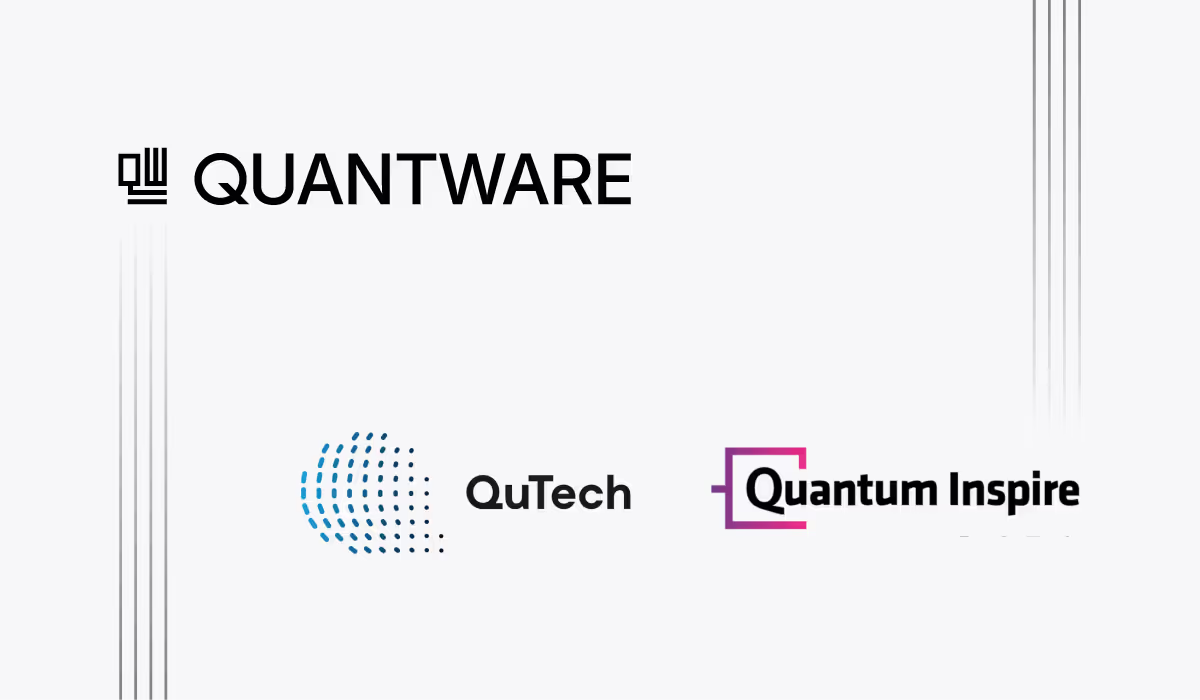
QuantWare’s processor to power largest quantum computer in the Netherlands
QuantWare’s processor to power largest quantum computer in the Netherlands
March 20, 2024 - Delft, The Netherlands
QuantWare will deliver its quantum processor to the largest quantum computer in the Netherlands, in a project led by HectoQubit/2's scientific coordinator, Prof. Leonardo DiCarlo at TU Delft. The program is a step towards the development of a 100-qubit quantum computer in Delft and will be publicly available in the cloud.
Quantware, together with other Delft-based startups Delft Circuits, Qblox and Orange Quantum Systems are building a full superconducting quantum computing system that will be made publicly available through QuTech’s Quantum Inspire cloud platform. QuantWare will deliver the QPU for the integrated system, with Qblox delivering the control electronics, Orange Quantum Systems providing the automation software, and Delft Circuits contributing the cryogenic cabling. The system will be integrated by QuTech’s DiCarlo group, a renowned research group in the field of superconducting quantum computing.
“Within the European flagship, we are the ones who are embracing the 100-qubit target”, said Professor Leonardo DiCarlo. “In fact, we’re the only ones. We’ve really stuck our necks out.”
"This project is a fantastic example of partners in our ecosystem building larger and larger quantum computers more quickly using our QPUs and Crescendo-S amplifiers", says Matthijs Rijlaarsdam, CEO of QuantWare. "It's great to be in a consortium with these excellent partners that have been with us from the start. HectoQubit/2 marks a further expansion of systems powered by QuantWare that are available over the cloud for end-users - further accelerating the development of quantum computing software."
Read more about the Quantum Inspire project on QuTech’s website here.
About QuantWare
QuantWare is the leading supplier of quantum processors. QuantWare provides quantum processors to organisations around the world and enables them to build better quantum computers faster and more efficiently. Committed to a supply chain approach, QuantWare develops technology that will massively scale the number of qubits in a single processor, to create processors that can perform useful quantum computation in the near term.
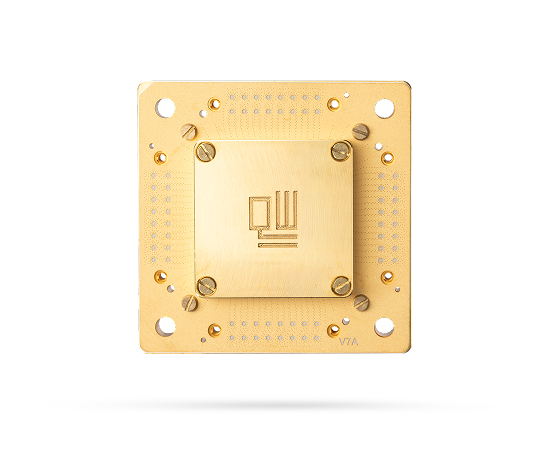
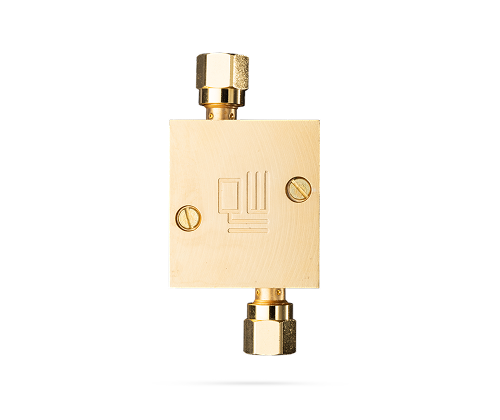

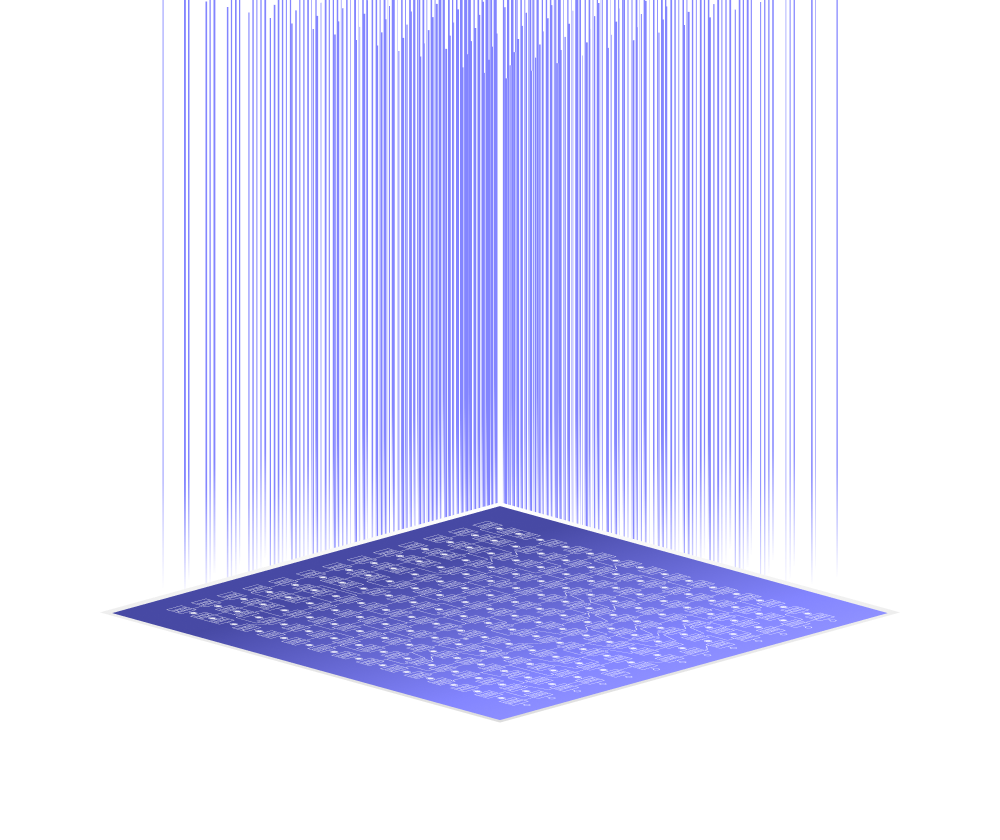
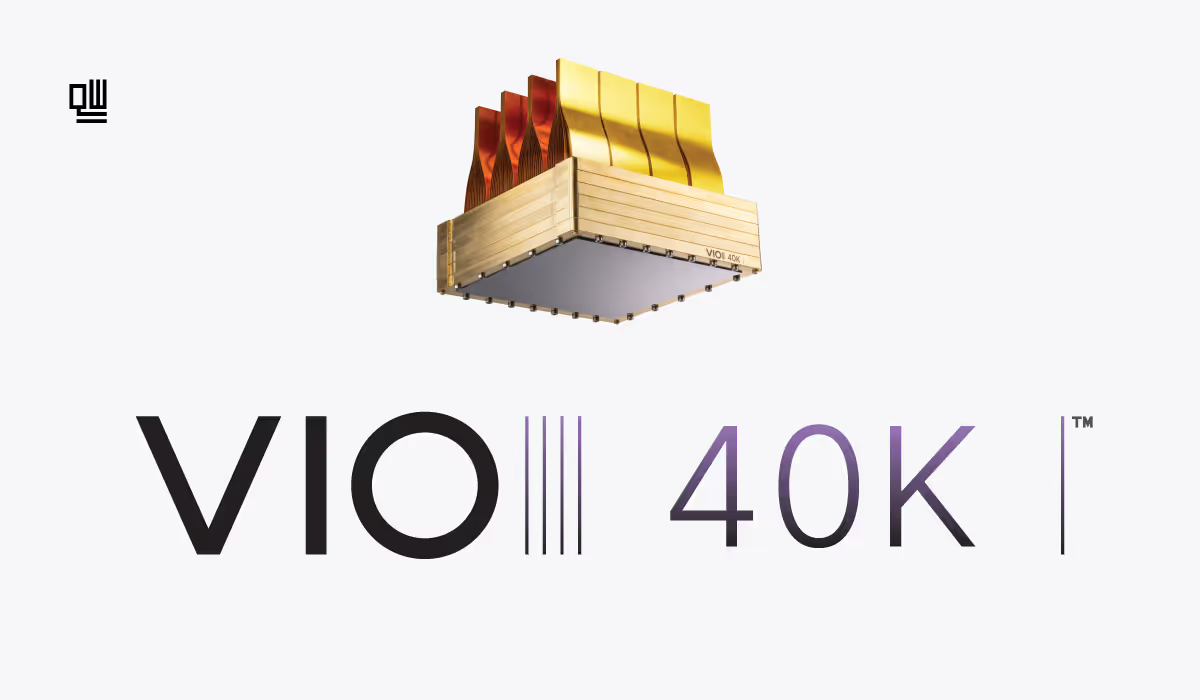
.avif)
.avif)